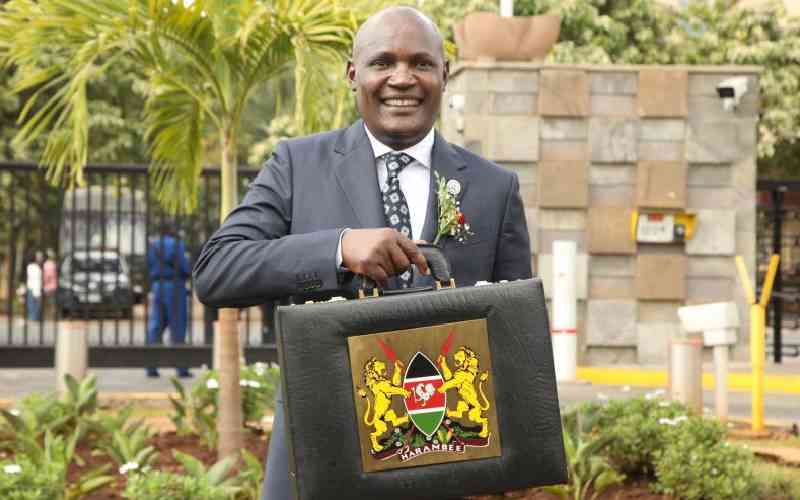×
The Standard e-Paper
Smart Minds Choose Us
NAIROBI: One of the biggest tasks facing the new Interior Cabinet Secretary, Mr Joseph Nkaissery, is stopping Kenya's steady slide towards becoming East and Central Africa's biggest narco-state.
Criminals involved in narcotics and human trafficking have been solidifying their presence in the region, using Nairobi and Mombasa as their hubs.







